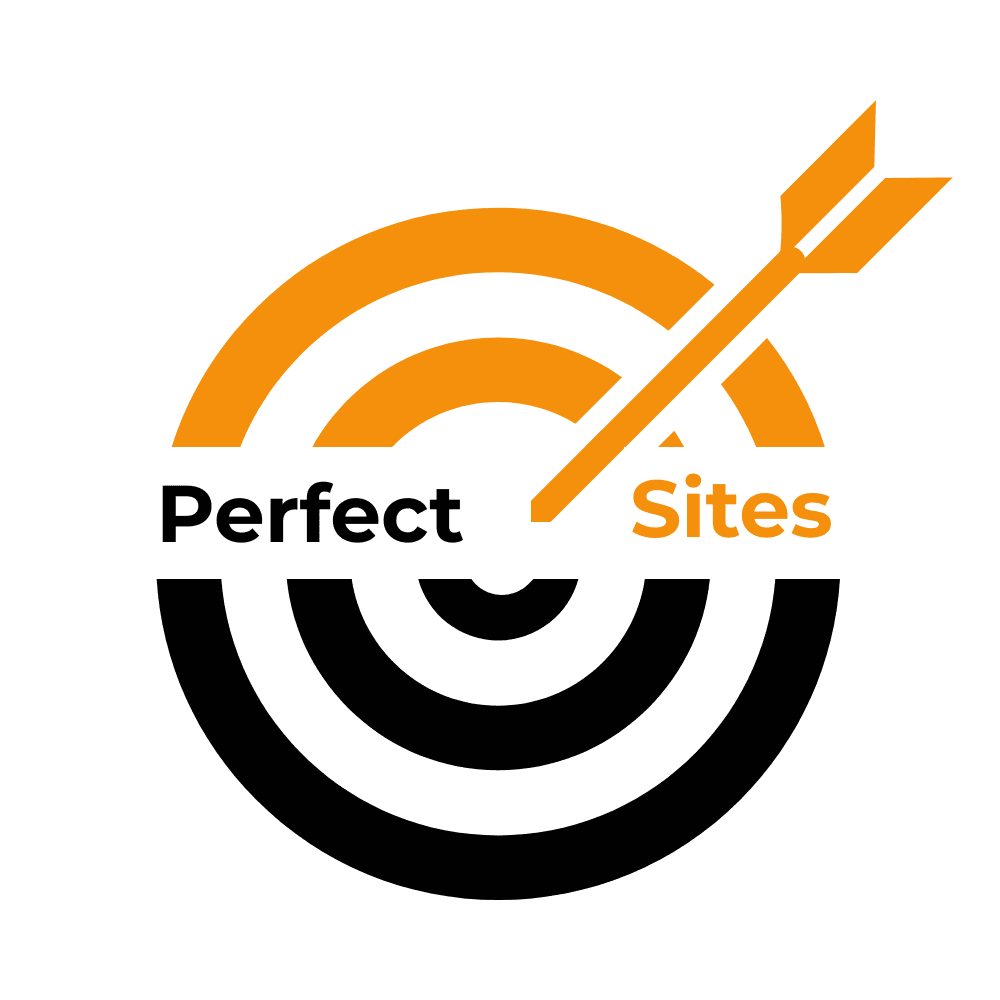Let’s be honest: Philadelphia is a bit of a paradox. It’s a big city that still acts like a neighborhood. People know their
cheesesteak spots, their block captains, and their corner baristas. So when you’re trying to drive website traffic in Philly, you’re not just competing with other businesses; you’re up against word-of-mouth, street-level loyalty, and about 1.5 million opinions. Which means your digital marketing has to feel like it belongs here, not dropped in from somewhere else.
Let’s start with the obvious.
Local SEO: You can’t skip this
If your business isn’t showing up in local search, you’re invisible. First step: claim and clean up your Google Business Profile. Make sure your name, address, and phone number are consistent everywhere. Not just on your site, but across all listings. That includes Yelp, Facebook, Apple Maps, and anywhere else someone might stumble across your info.
Then, get your metadata in shape. That means using
location-specific phrases in your titles, descriptions, and headers. Don’t just say “plumber” or “marketing agency.” Say “plumber in South Philly” or “digital marketing agency near Rittenhouse Square.” Yes, it’s that literal.
And don’t guess. Use keyword tools like Google Keyword Planner or Ahrefs to find out what people in Philly are actually searching for. Turns out, 87% of consumers used Google to evaluate local businesses in 2022. That’s not a trend; that’s the game.
Source: BrightLocal Local Consumer Review Survey
Make your content feel like it lives here
People in Philly can spot a fake from a mile away. If your content sounds like it was written by someone who’s never set foot on Broad Street, they’ll scroll right past it.
So write like you’re talking to locals. Blog about things they care about. Maybe it’s how the Philadelphia Flower Show affects Center City foot traffic. Or what small retailers can learn from the Mummers Parade. Create landing pages for specific neighborhoods—Old City, Fishtown, Manayunk—because people actually search that way.
The more your content reflects Philly’s rhythms, the more likely it is to show up in long-tail searches. And more importantly, the more likely someone is to trust it.
Backlinks: The local kind matters most
It’s one thing to get a backlink from a national blog. It’s another to get one from Billy Penn or PhillyVoice. Search engines love local authority; and so do people.
Start by reaching out to local media, bloggers, and business directories. The Greater
Philadelphia Chamber of Commerce is a good one. So are
neighborhood associations and community newsletters. If someone’s curating a “Top 10” list for anything in Philadelphia, you want to be on it.
Tools like Moz Link Explorer or SEMrush can help you see where your competitors are getting local backlinks; then you can do it better.
PPC with a Philly zip code
Pay-per-click ads can get expensive fast. But if you’re smart with geo-targeting, you can stretch your budget a lot further.
Set your campaigns to only show up for users in specific Philly neighborhoods or zip codes. For example, if you’re a luxury home builder, you probably care more about Chestnut Hill than Kensington. Layer in demographic data—age, income, interests—and suddenly your ads start feeling less like spam and more like a solution.
Facebook and Google Ads both let you do this. You just have to actually use the filters. Most people don’t.
Influencers: Think small, think local
You don’t need someone with a million followers. You need someone who’s trusted by a few thousand people who live here.
Philly’s full of micro-influencers. Food bloggers, fashion stylists, real estate agents, lifestyle creators. They might not be famous, but they’re persuasive. And their followers listen.
Use platforms like Upfluence or CreatorIQ to find them. Or just scroll Instagram with your eyes open. If someone’s constantly tagging local businesses and getting engagement, they’re probably worth talking to.
Mobile and voice search: Not optional anymore
Here’s a number that should make you pause: 63% of Google searches come from mobile devices.
Now add voice search into the mix. People are asking their phones things like “Where’s the best hoagie near me?” and expecting an immediate answer. If your site isn’t mobile-friendly or optimized for conversational queries, you’re missing out.
So write like people talk. Use FAQs. Add structured data. And test your site on your phone regularly. If it loads slow or cuts off text, fix it.
Be present where people are already talking
Philly has a strong online community presence. From Reddit threads like r/philadelphia to hyper-local Facebook groups, people are asking for recommendations and giving brutally honest reviews.
Join those conversations. Not to sell, but to help. Answer questions. Share useful content. Be a real person.
And don’t ignore review sites. Yelp, TripAdvisor, even Google reviews—they all matter. Respond to everything. Even the weird ones. Especially the weird ones. It shows you’re paying attention.
Events: Real-world buzz, digital payoff
Hosting or sponsoring a local event can do more than just get people in the door. It gives you something to promote online; something real.
Create a landing page for the event. Share it on Eventbrite, Meetup, and VisitPhilly.com. Use it in your email newsletter. Then, after it’s over, post a recap with photos, quotes, and takeaways. That content keeps working long after the event ends.
And people love seeing familiar faces. If they spot themselves in your recap, they’re sharing it. Free marketing.
So what’s the takeaway?
Driving traffic in Philadelphia isn’t about chasing trends; it’s about showing up like you belong here. Speak the language. Know the neighborhoods. Respect the audience.
You’re not just building a website. You’re earning a place in the community.
That’s the view from the ground.
We’ll be back soon with more real-world insights.
Until then, keep building.
– Perfect Sites Blog
